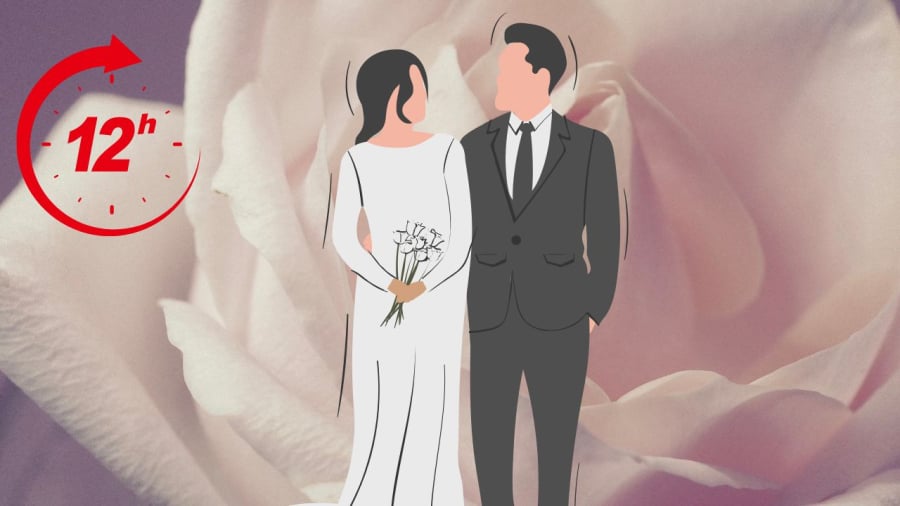Marriage is one of life’s most significant milestones. A wedding marks the beginning of a new chapter, and the post-nuptial life is of utmost importance. Superstitions and traditions surrounding the wedding day are prevalent, especially in Asian cultures, with a strong belief in the impact of the wedding day on the couple’s future.

Superstitions About Timing of Wedding Ceremonies
In many Asian cultures, the timing of the wedding ceremony is of great significance. It is considered imperative that the groom’s party arrives at the bride’s house at the appointed hour. Arriving late is frowned upon, and in some extreme cases, the bride’s family may even call off the wedding. If the groom’s party arrives too early, they must wait until the designated time to enter the bride’s home. This precision in timing is to ensure that the wedding ceremony can commence immediately after the bride arrives at the groom’s house and be completed before noon. Thus, it is not uncommon for the groom’s party to set off as early as 2 or 3 am to ensure they arrive on time. If the distance is too great and the bride’s procession arrives close to noon, the ceremony will be postponed until the afternoon to avoid any potential bad luck.
While there are no specific historical records explaining the origin of this superstition, it has been passed down through generations and is widely observed.
## Reasons for the Superstition:
– Completing the wedding ceremony before noon ensures a smooth and timely event, allowing the newlyweds time to rest before the afternoon. It also enables the bride to bid farewell to her family and friends before they depart. A ceremony that extends into the afternoon can be tiring for the couple and disruptive to the regular mealtimes of the guests.
– Noon, or 12 o’clock, is considered an inauspicious time, known as “the hour of the devil.” It is believed that this is when the spirits are active and may bring misfortune or punishment. Thus, having a wedding ceremony that overlaps this hour is thought to bring bad luck to the newlyweds.
– A wedding ceremony held in the afternoon may cause fatigue for the couple, especially if the morning’s events have already been exhaustive.
– Starting the ceremony before noon and continuing into the afternoon is considered inauspicious, as it may foretell a bumpy road for the marriage. Superstitions also revolve around the bride and groom having “two weddings,” which is associated with divorce and remarriage.
To this day, many families adhere to these beliefs and choose to either complete the wedding ceremony before noon or postpone it until the afternoon. Other superstitions surrounding weddings include avoiding any breakage, such as dropping the wedding rings, and refraining from arguments or physical altercations during the festivities.
*Disclaimer: This content is based on traditional beliefs and cultural practices and should not be taken as absolute truth or scientific fact.





































